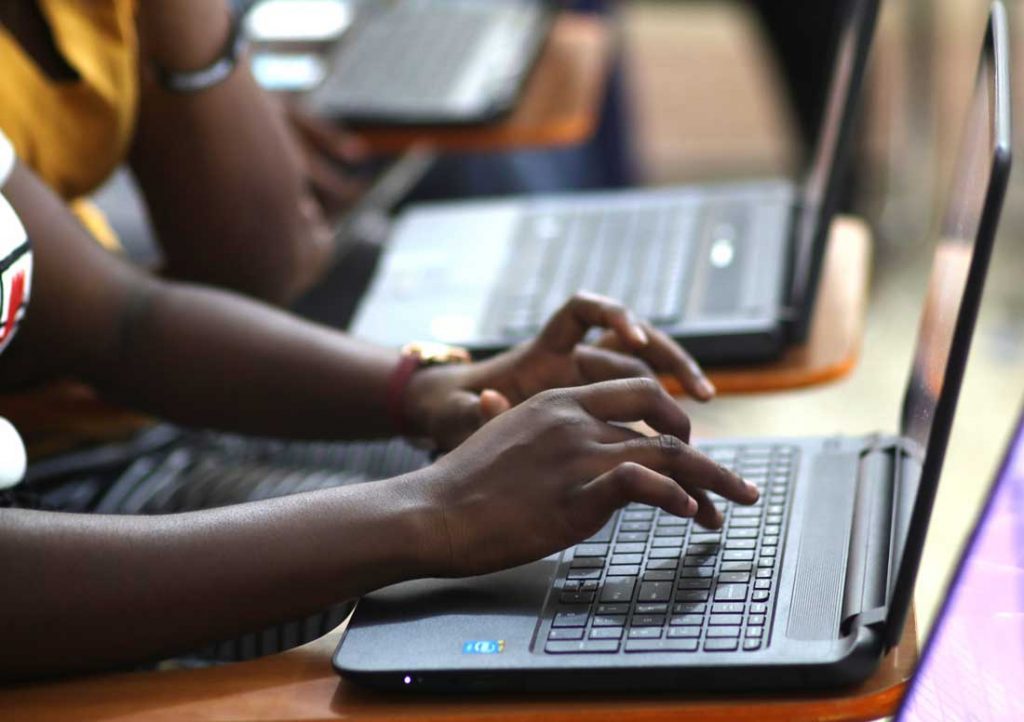On 15 March 2020, Ghana’s president Nana Akufo-Addo ordered the immediate closure of all educational institutions in Ghana in a bid to curb the spread of the novel coronavirus, SARS-CoV-2. In the same speech, he tasked the country’s education and communication ministries to roll out distance learning to salvage the academic year.
Virtual means are already being used to teach university courses in many countries that have been hit by the viral pandemic. In the United Kingdom, many universities moved their teaching online in March, and the same goes for Sweden and Singapore. But in Ghana, this ambition faces many challenges, not least the lack of universal and affordable internet access.
To facilitate their move to online teaching, both private and public universities in Ghana are now collaborating with telecommunications companies to arrange affordable or free internet access for their students. Many apps are being explored to maximize teaching and learning, the options including Zoom, Google classroom, Hangouts, Skype, Sakai, and Moodle. Ghana’s Chamber of Telecommunications has made access to many learning platforms free, says its head of research and communications Derek Laryea.
But in a statement on 29 March, Vice Chancellors Ghana, the umbrella group bringing together the heads of the country’s universities, say that the president’s ambition to move teaching online, though “laudable”, may be fraught with difficulties—particularly for students in remote rural communities where internet access is limited.
Ghana will now suffer for not having invested more in its information technology infrastructure in recent years, says Patrick Kudjo, an information technology expert at Wisconsin International University College in Accra. Even in the institutions where provisions had already been made for distance education, the infrastructure had not been prioritised, he says. As a result, West Africa in general and Ghana in particular will struggle with virtual education, he says.
Kudjo agrees with the vice-chancellors’ statement that the situation will be the hardest for students who live in rural areas. In some areas it’s even difficult to place phone calls, let alone access data-intensive activities like streaming lectures, he says. Students in such communication dead zones might have to resort to sharing physical lecture notes with their better-connected course mates.
And even in the cities, getting online remains a challenge. Slow internet speeds are annoying students like Rahinatu Adamu, who studies for a bachelor of science in information technology management at the University of Professional Studies in Accra. The school is already offering online teaching. “But the app we are using keeps going on and off because of breaks in internet access,” she says. “It’s already so frustrating.”
Laryea says that getting deprived communities connected will require a multi-stakeholder approach, including strong support from the public sector. “We believe as an industry we can scale up our efforts with support from the government,” he says.
Photo credit: KhoPhi Photography
